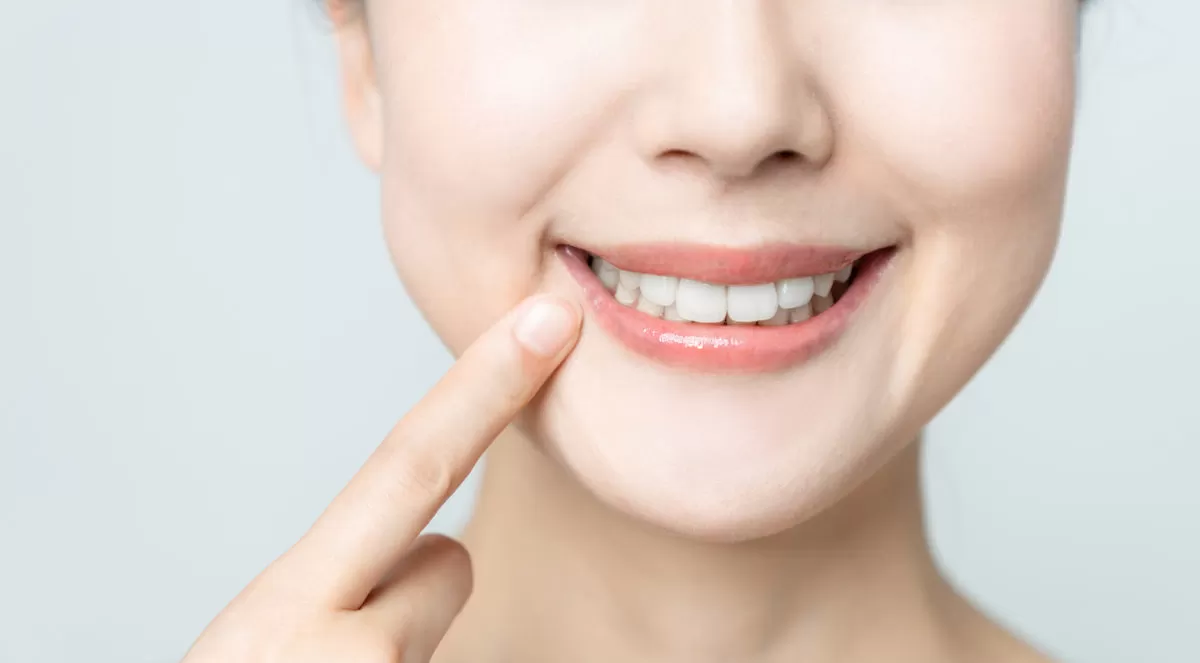
The path to having healthy teeth seems pretty clear: brush and floss regularly and see your dentist every once in a while. Keeping your gums healthy is an entirely different story and requires a lot more effort on your part. This effort is surely worth it if you don’t want to end up with gum diseases such as severe periodontitis and gingivitis. If your case is particularly severe, your doctor will work with a compounding pharmacy to craft a perfect solution to help with treating gingivitis and other severe problems.
CDC indicates that the trend isn’t limited to Americans alone. Nearly half of the adults in the US struggle with gum disease of some form. There are cases when chronic illnesses like heart disease, arthritis, and diabetes can lead to chronic illnesses. If that’s the case, your dentist will need to take more intensive steps to combat the condition.
What is Gingivitis?
Gingivitis is a mild form of gum disease but can become severe. Some of the common signs include swollen gums, bright red/dusky red or purplish gums, tender gums, bleeding from gums, blood on toothbrush post-brushing, spitting out blood when brushing/flossing, bad breath, pus, loss of teeth, painful chewing, spaces between teeth, and receding gums. The condition can be easily avoided through proper oral hygiene.
Compounded Medications for Treating Gingivitis
It is important to note that the first line of defense is regular brushing, flossing, and regularly seeing your dentist. Moreover, if the disease persists, you will likely get a mix of surgical and non-surgical solutions.
If the disease has just begun, your dentist will prescribe a wash or a gel to counter the infection. That is where a compounding pharmacist is integral for your treatment. Working with a dental team and a pharmacist will devise a perfect solution. A compounding pharmacist will work with a dentist and create a unique solution based on the patient’s dental history. The custom-created gels, pastes, and washes deliver the best medication that suits each patient. As these treatments are unique to the patient’s needs, the results are quick and have minimal side effects.
Teeth and Gums Support
Dentists who are treating the patient will sometimes prescribe an antibiotic. With the help of a compounding pharmacist, they can present you with a complete oral routine that includes a mouthwash, paste, and plasticized gel with antibiotics. Sometimes, supplements are used to help with teeth and gums.
A recent study indicates that using a gel with Metronidazole 25% combined with other standard treatments significantly improves the condition. The paste/gel will maintain contact between tissue and medication for a prolonged duration. This increases the possibility of an infection.
Why is Dental Compounding Used?
Going to the dentist isn’t some of the best experiences and results in anxiety for specific individuals. Moreover, dentists and pharmacists will work together to overcome these barriers. Suppose you haven’t heard about dental Compounding before. In that case, it is a way of formulating personalized medication where a pharmacist combines different ingredients into a formula tailored to each individual’s unique needs and delivers quick results. It enables the pharmacist to alter the strength and dosage form per your specific needs and requirements.
What is Dental Compounding?
Dental Compounding has become very popular in recent times. Many variables affect the dental procedure. These procedures and care will vary from one individual to the other. It must be kept in mind that procedures and care will change from person to person as per age and tolerance levels. The product can be tailored to the unique needs of the patient.
Dental Compounding comes in handy for several reasons, including procedural anxiety, pain relief, mouth ulcers, gum disease, fluoride treatments, cancer sores, dry socket treatment, and tooth whitening.
Why is Dental Compounding Used to Treat Gingivitis?
Dental Compounding is used to numerous challenges associated with treating gums: visiting the dentist, bad-tasting medicine, pain relief, no response to conventional meds, and more. Compounding medication also allows the pharmacist to alter the dosage form: such as converting a gel to a pill, altering the strength, or simply changing the flavor.
Based on the problem at hand, there are a variety of different options that can be used, such as:
- Flavoring: Medications that taste unpleasant present a huge challenge for certain patients. Flavoring medicines create better-tasting meds without changing the efficacy of the treatment plan.
- Lollipops: Medicine lollipops are amazing for children and people who struggle to take pills or feel nauseated with conventional meds. Nearly all oral medicine can be turned into a palatable lollipop.
- Gels and Pastes: Both gels and pastes are amazing when it comes to topical pain relief. They can be used as an alternative to oral meds and numb the teeth.
Dental Compounding makes the treatment plan simple, easy, and more effective for you. From mouthwashes to balms and gels, nearly anything can be compounded. We hope you found this article informative and helpful. In order to learn more about compounded dental treatments, you can reach out to us today or contact the dentist to create a perfect treatment plan.
Disclaimer: This article is meant for informational purposes only. It isn’t meant to be used as a diagnosis. Always consult your dentist and doctor prior to starting a new treatment plan or medicine.

 info@burtsrx.com
info@burtsrx.com
